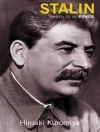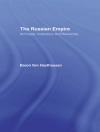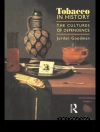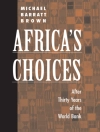The idea of fanaticism as a deviant or extreme variant of an already irrational set of religious beliefs is today invoked by the West in order to demonize and psychologize any non-liberal politics.
Alberto Toscano’s compelling and erudite counter-history explodes this accepted interpretation in exploring the critical role fanaticism played in forming modern politics and the liberal state. Tracing its development from the traumatic Peasants’ War of early sixteenth-century Germany to contemporary Islamism, Toscano tears apart the sterile opposition of ‘reasonableness’ and fanaticism. Instead, in a radical new interpretation, he places the fanatic at the very heart of politics, arguing that historical and revolutionary transformations require a new understanding of his role. Showing how fanaticism results from the failure to formulate an adequate emancipatory politics, this illuminating history sheds new light on an idea that continues to dominate debates about faith and secularism.
Sobre el autor
Alberto Toscano teaches at the School of Communications, Simon Fraser University. He is the author of Fanaticism: On the Uses of an Idea (Verso, 2010; 2017, 2nd ed.), Cartographies of the Absolute (with Jeff Kinkle, Zero Books, 2015), La abstracci�n real. Filosofia, est�tica y capital (Palinodia, 2021), and Terms of Disorder: Keywords for an Interregnum (Seagull, 2023). He is the co-editor of the 3-volume The SAGE Handbook of Marxism (with Sara Farris, Bev Skeggs and Svenja Bromberg, SAGE, 2022), Ruth Wilson Gilmore’s Abolition Geography: Essays in Liberation (with Brenna Bhandar, Verso, 2022), and Georges Bataille’s Critical Essays (with Benjamin Noys, Seagull, 2023). He is a member of the editorial board of the journal Historical Materialism: Research in Critical Marxist Theory and series editor of Seagull Essays and The Italian List for Seagull Books. He has also translated the work of Antonio Negri, Alain Badiou, Franco Fortini, and Furio Jesi.












